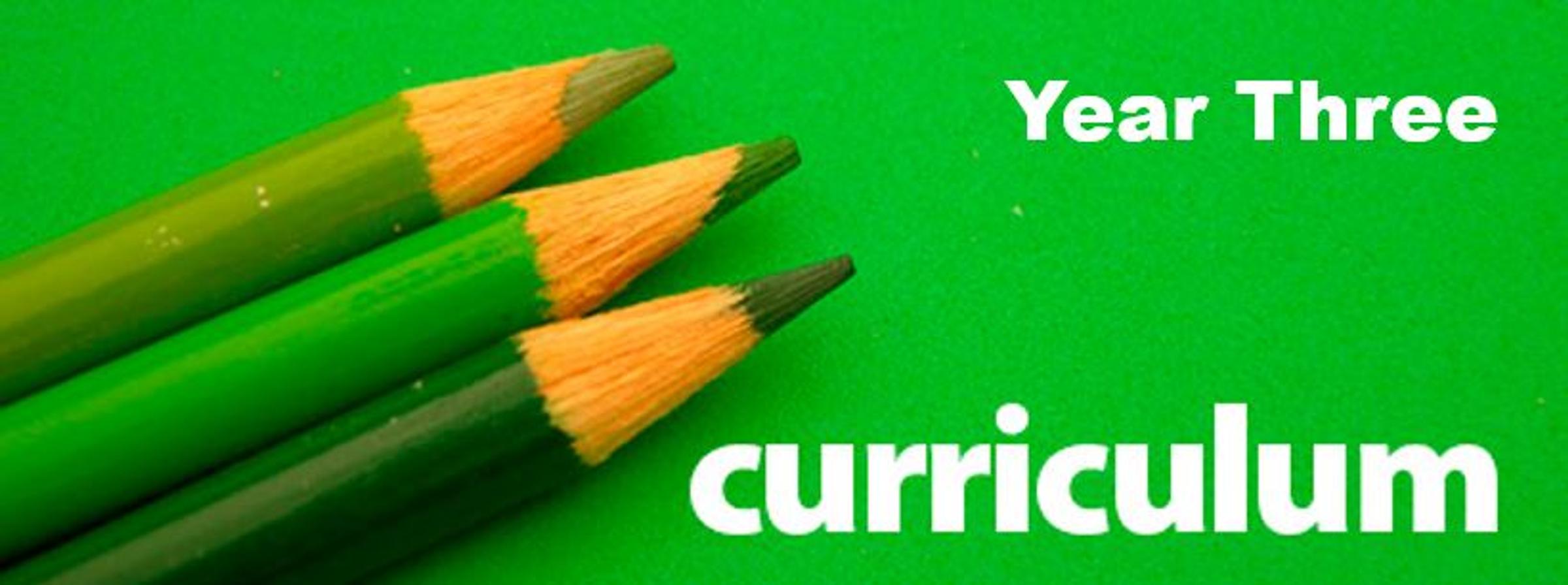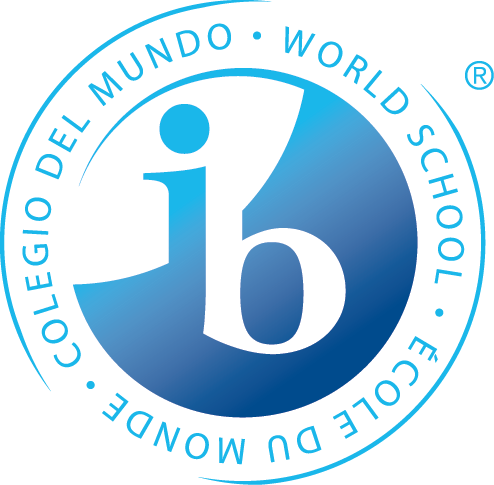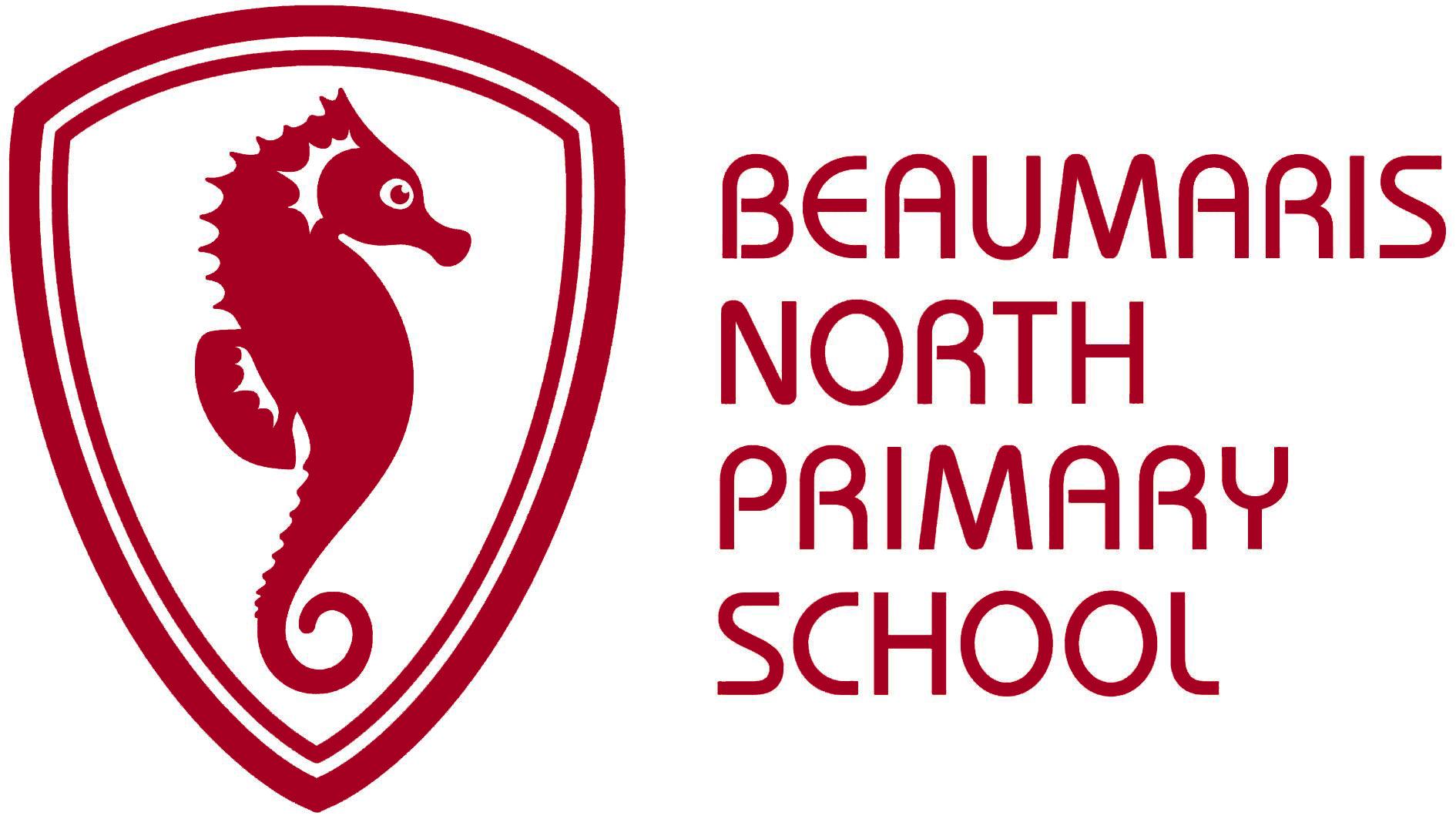Term 1, 2020

The Year 3 students have settled into Term One very well. They are enthusiastic about their learning (and homework!) and we have all enjoyed getting to know each other. They have developed their independence and are enjoying the greater responsibilities that come with being in the middle school!
Literacy
Reading
Students will participate in guided reading groups, focusing on fluency, expression and comprehension. They will do silent reading in class (Read to Self) each day where we will be building on their reading stamina. The students will also work on developing their comprehension skills, with a particular focus on inferring meaning from a text.
In Year 3 the students are able to borrow two books from the Library. We suggest they choose one book to keep in the classroom and take one book to read at home.
Writing
The students will be looking at the ‘Six Traits of Writing’, which are Organisation, Ideas, Voice, Conventions, Sentence Fluency and Word Choice. This will incorporate the genres of Persuasive and Narrative, as this is a focus of NAPLAN. The students will use their Writer’s Notebook daily to record ideas and practise new writing skills.
SMART Spelling
Students will receive their weekly spelling words on a Monday. These will go home as part of homework for the children to learn for their test on Friday. Throughout the week, the students will be involved in spelling and grammar activities that relate to their words.
Numeracy
Number and Algebra
Our main focus for numeracy this term is number. The areas covered include place value, addition and subtraction involving regrouping, number patterns including skip counting and basic number facts. Each lesson will start with ‘Speedy Maths’ which aims to improve their automatic response for addition and subtraction.
Measurement and Geometry
The students will be learning about Time. This will include telling time to the minute on an analogue and digital clock, calculating elapsed time and learning about the yearly calendar.
Units of Inquiry
WHO WE ARE
Positive relationships contribute to a harmonious community
Lines of inquiry:
- The way we interact with each other
- Different kinds of behaviour
- Being tolerant of others
- The need for rules
- The way rules are enforced in the community
HOW WE EXPRESS OURSELVES
Effective communication skills facilitate the way people present information and ideas
Lines of inquiry:
- Communication skills
- The way we can improve our communication skills to express our ideas
- The ways in which we can express our creativity through different forms of communication
Whole-school Focus on PYP Learner Profile Attributes
February: Caring
March: Principled
The Resilience Project
Year 3 students will be participating in The Resilience Project and will be focusing on:
- Expressing emotions
- Empathy and friendship
- Mindfulness
- Gratitude


